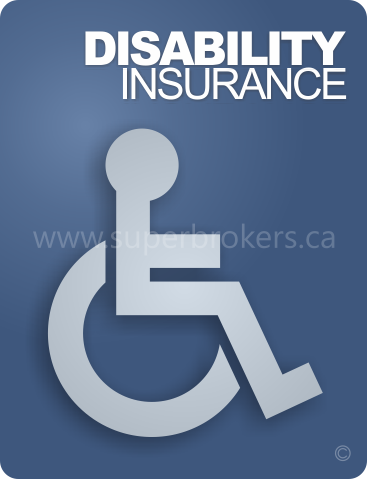Home Insurance
 Home insurance covers sudden and accidental losses, like fires and burglaries.
Home insurance covers sudden and accidental losses, like fires and burglaries.
It doesn’t cover items that are damaged because of ongoing problems (like an old leaky roof) or items that wear out over time.
It doesn’t cover things that you should prevent, like indoor pipes freezing.
Home insurance can cover the building and the contents (everything you have inside the building).
Usually, you need to show proof of home insurance to get a mortgage.
You decide how much insurance to buy. Add up the cost of replacing the building (but not the land) and all the contents.
Comprehensive policies cover the building and its contents for all risks, except for the risks that are excluded.
Basic/Named Perils policies are less expensive. They cover only the perils that are written in the policy.
Broad policies are less expensive than comprehensive policies. They provide comprehensive coverage on the building and named perils coverage on the contents.
Some insurers offer no frills policies for homes with physical problems that don’t meet the standard for regular policies.
You can insure your property for actual cash value, which means you get the amount that your property is worth when you make a claim.
For example, if you bought a TV two years ago for $700, you may get $200 now.
You can insure your property for replacement cost, which means you get the amount you paid for the property. (You get $700 for your TV.)
You can pay extra for replacement cost endorsement, which means you get enough money to buy the same item now. (If the same TV costs $800 now, you get $800.)
Usually, the contents are insured for actual cash value, unless you pay for extra coverage for replacement cost.
Usually, the building is insured for replacement cost, up to the amount you’re paying for with the policy.
There are usually limits on valuables (expensive things), like computers and jewellery.
Questions to ask:
· What is covered by this insurance policy? What is not covered?
· Will I get replacement cost on my property?
· What are the limits on valuables?
· What is my deductible? How much money can I save on my premium with a higher deductible?
It is a good idea to take pictures or a video of your home, so that you can show what you lost if you have a fire or theft. You can also make a list.
Keep purchase receipts for big items.
Keep your pictures, list, and receipts in a safe place (not in your home).
If you have roomers or boarders who are not related to you, their property is not covered by your policy.
If someone gets hurt by accident and you are legally responsible for the accident, your home insurance will pay for the damages you legally have to pay.
The accident could happen in your home or anywhere in the world.
Your personal property is usually insured while it is temporarily away from your home, anywhere in the world.
So if something is stolen out of your car or while you are travelling, you can claim it on your home insurance, up to a limit.
Making a Claim
If you have a problem and you want to make a claim, you call your broker or agent.
If there has been a burglary or theft, you must also tell the police.
You should also try to stop any additional damage (for example, by shutting off the water supply if you have a broken pipe).
Take pictures that show the damages.
A claims examiner from the insurance company will call you about your claim. This person will look after your claim at the insurance company.
The insurance company will send an adjuster to see the damage. Some adjusters work for insurance companies and some are contractors.
Don’t fix anything until the adjuster has seen what happened.
Ask your insurer before you throw away anything that was damaged.

ไม่มีความคิดเห็น:
แสดงความคิดเห็น